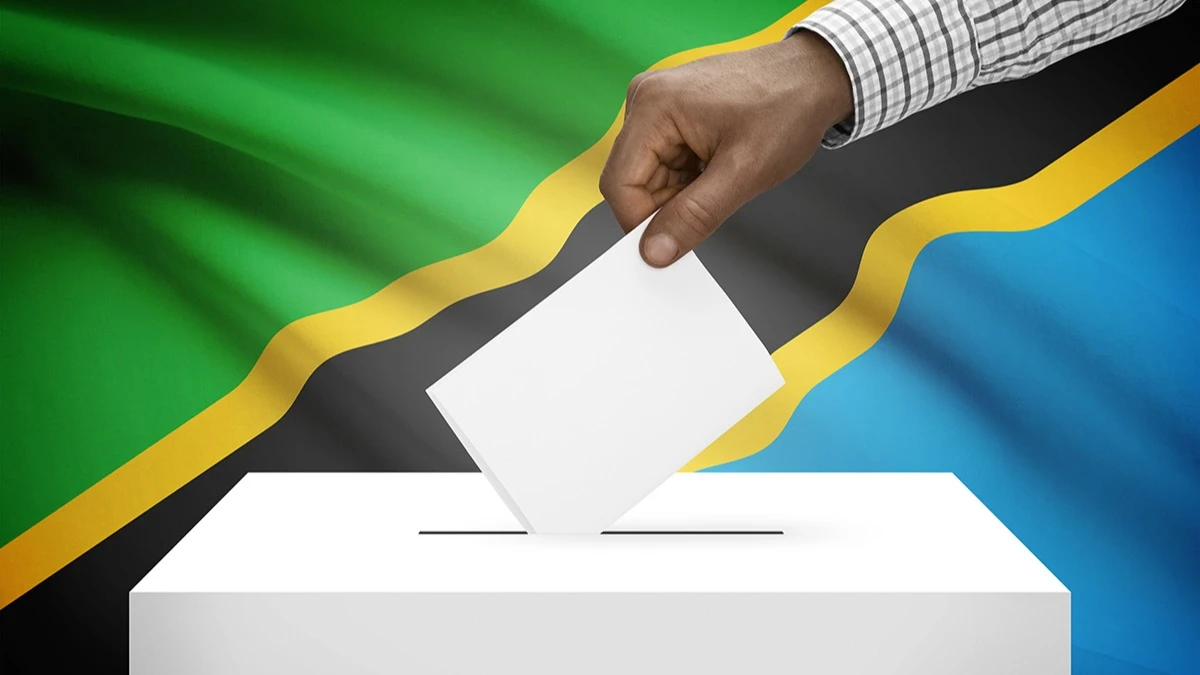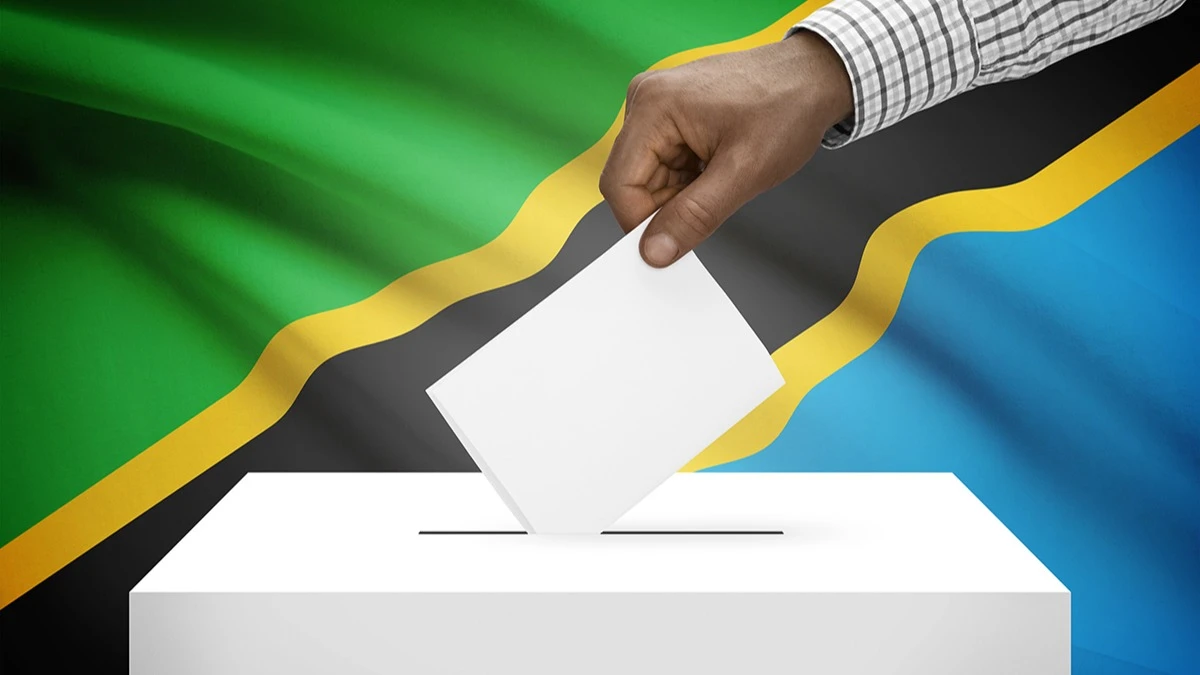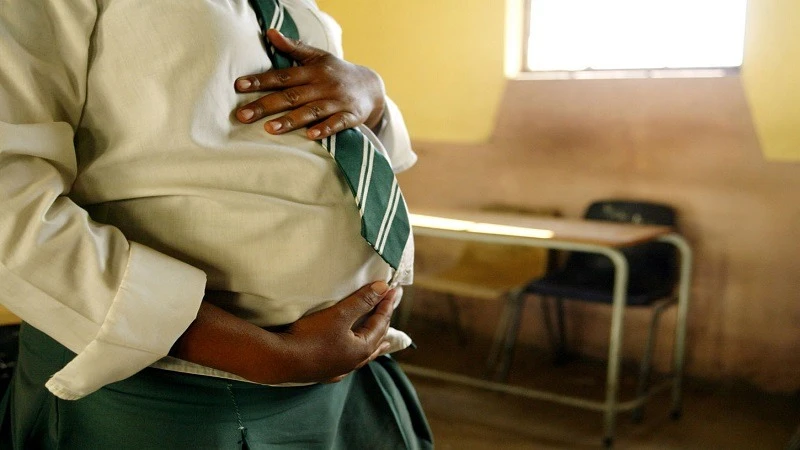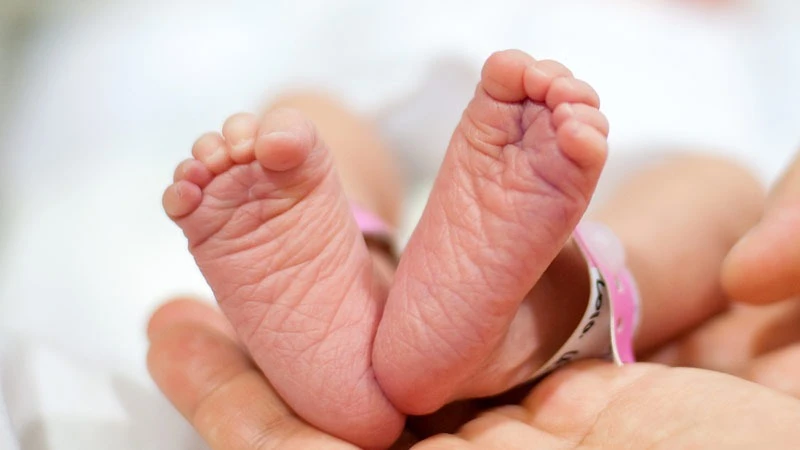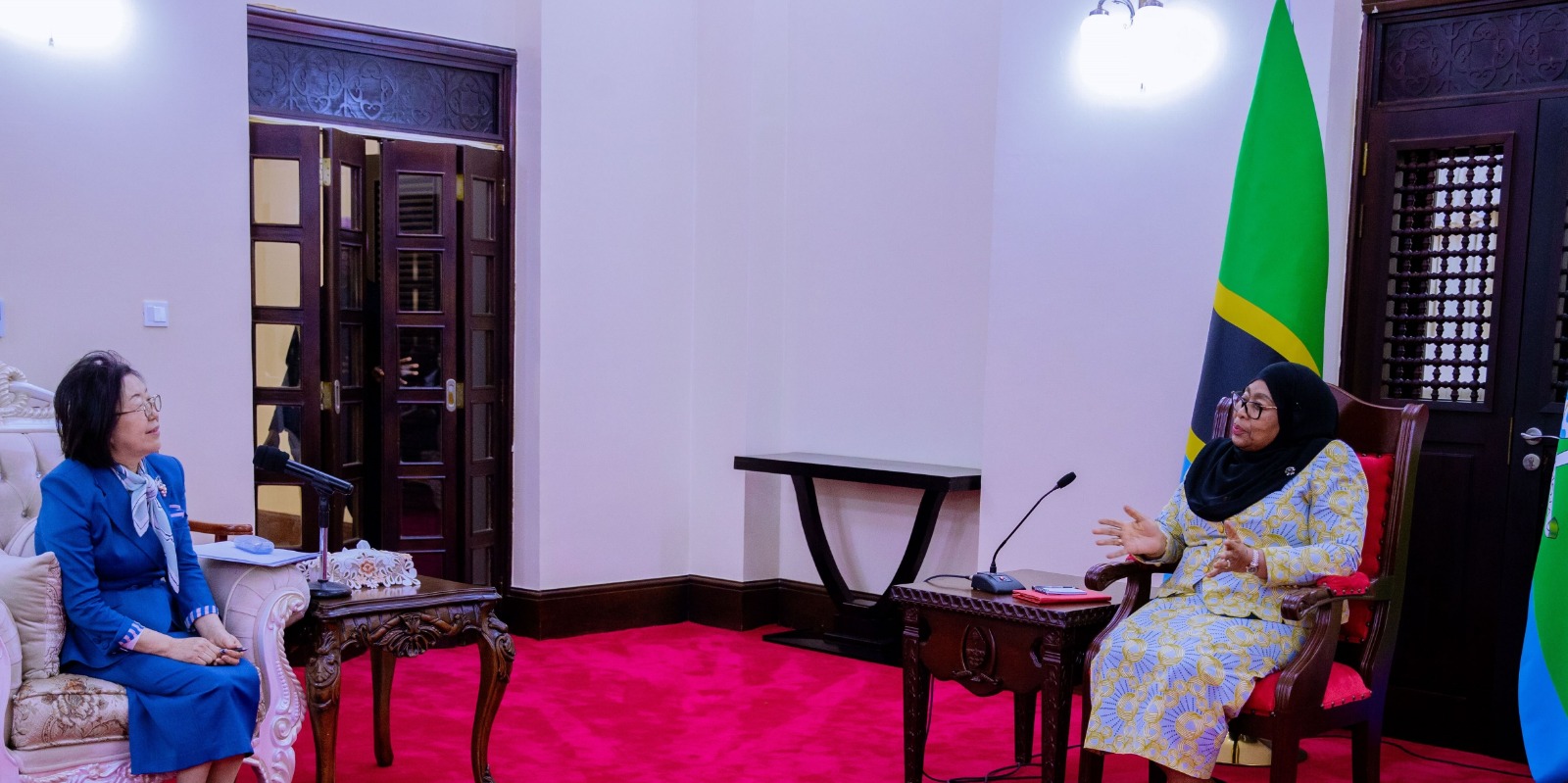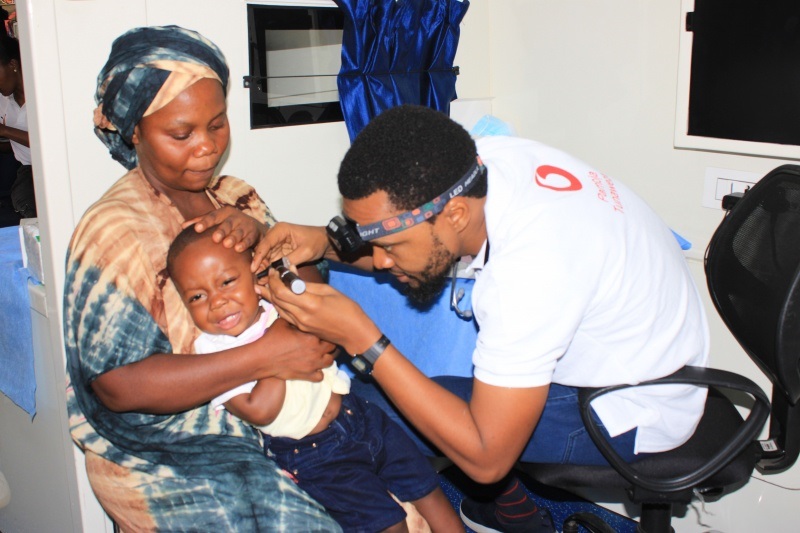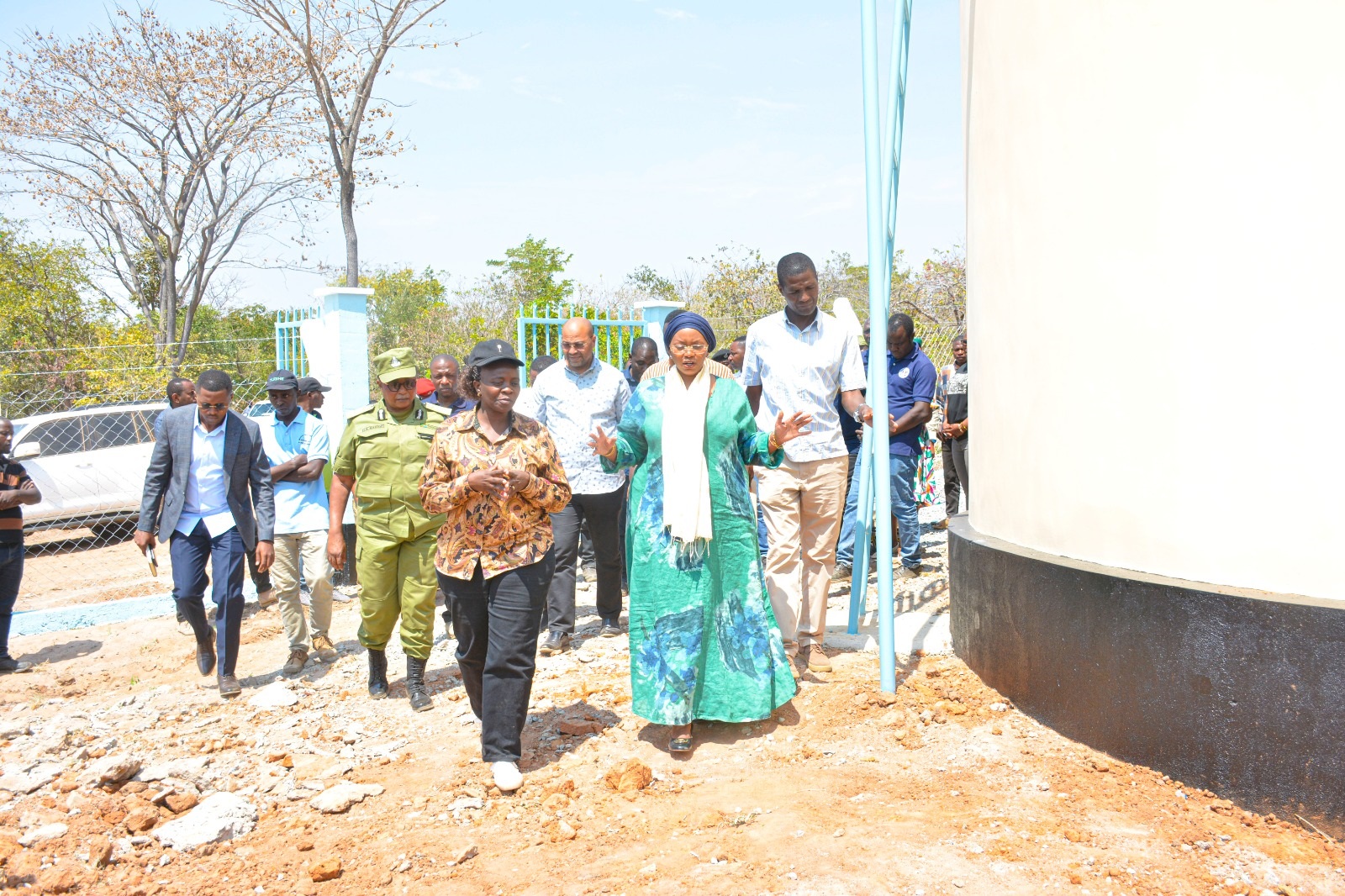Ex-minister sharing insights in 14-year battle with cancer
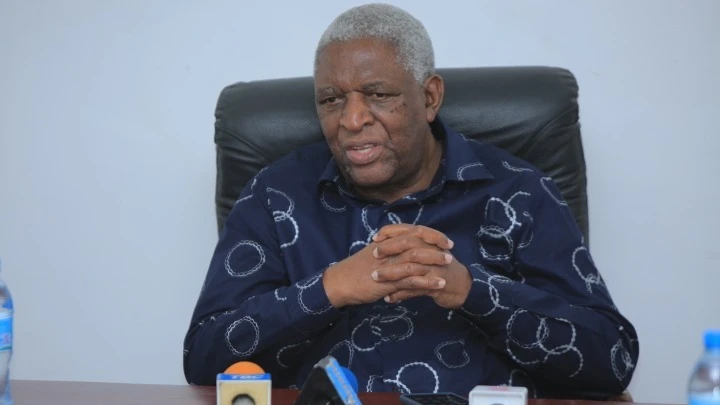
FORMER cabinet minister Prof. Mark Mwandosya has shared a deeply personal but inspiring account of his 14-year journey with multiple myeloma, a form of blood cancer.
The veteran civil servant and academic turned politician shares that experience in new memoirs entitled ‘Living with cancer – Diaries of a multiple myeloma patient,’ launched in Dar es Salaam late Tuesday.
“About 14 years ago, I began experiencing strange symptoms and a gradual decline in my health. The situation worsened until I had to be flown to India for urgent medical attention. After several examinations, I was diagnosed with multiple myeloma,” he explained to the audience.
“Cancer feels like a life sentence. It’s hard — incredibly hard — to receive such news. But I’m here to say: with faith in God, access to specialised care, and the unwavering love of family and friends, it is a battle that can be won.”
He said that he wrote the book not for sympathy but to show that it is possible to truly live with cancer. “It is about reclaiming dignity, making peace with one’s body and pursuing service to others even through pain. I am living with cancer, not dying from it — and that distinction is everything,” he declared.
“The doctors had to perform spinal reinforcement surgery on me because I was told that if the operation wasn’t done within two weeks, I would end up in a wheelchair for the rest of my life,” he vividly recalls.
Alongside losing the ability to walk, he developed diabetes, suffered from skin conditions and lost all his hair shortly after starting cancer treatment, he stated, insisting that cancer is no small matter as it can feel like a death sentence. “Receiving such a diagnosis is incredibly difficult,” he reiterated.
Despite the pain, there is strength he found in faith, medical care and the unwavering support of loved ones, he said. “I always say, first and foremost, God is the ultimate doctor. Secondly, the doctors, nurses and hospital staff — they do incredible work,” he affirms.
“Third is family. Honestly, I could have given up. But my wife was there — day and night. Whenever I coughed, she was by my side. Our children came often. When they first heard I had cancer, they cried a lot.”
“Then there’s the community — friends. How do you live with others? People prayed for me in mosques and churches. Members of Parliament visited. Many people came to see me. I mention all this to express my heartfelt gratitude.”
In his memoir, living with Cancer – Diaries of a Multiple Myeloma Patient, Prof. Mwandosya devotes four pages to thanking those who stood by him.
He recalls his time in hospital in India, where he was visited not only by family and friends but also by a special delegation from the Tanzanian Cabinet, who brought official messages of support.
“They sent Hawa Ghasia to deliver a personal message from the Cabinet, along with a card signed by all the ministers. That meant a great deal to me. I had served as a minister for 15 years, but I had never signed a card like that for anyone myself,” he reflects.
Prof. Mwandosya’s initial course of treatment began on 17 June 2011 and continued until July 2012. He documents the journey through a collection of photographs — from his departure for India, through the treatment process, to his return home.
Published by Mkuki na Nyota Publishers, the memoir offers a rare and honest window into the life of a Tanzanian cancer patient. Prof. Mwandosya hopes the book will challenge public perceptions, reduce stigma and inspire greater openness around chronic illness.
The story resonated deeply with Deputy Prime Minister and Minister for Energy, Dr Doto Biteko, who officiated at the book’s launch. Dr Biteko commended Prof. Mwandosya’s courage in speaking publicly in a society where serious illnesses are often kept private.
“It takes courage to speak openly about illness — especially in a culture where chronic diseases are still seen as taboo,” Dr Biteko said. “Prof. Mwandosya’s openness has liberated many who suffer in silence. He has given a voice to those who fear speaking, and strength to those who may be losing hope.”
Calling cancer a growing public health crisis, Dr Biteko stressed the need for a comprehensive national response — one that includes not only medical treatment but also moral and psychological support.
“Healing is not only about surgery, chemotherapy, or medication. True recovery also depends on the strength of the human spirit — and that spirit is nourished by moral support, companionship, and care,” he said.
According to the minister, approximately 40,000 Tanzanians are diagnosed with cancer each year, and more than 30,000 lose their lives — a staggering figure that underscores the urgency for coordinated action.
He called for increased investment in mental health services, counselling, and community support systems:
“We need more trained psychologists in our hospitals, more counselling services in our clinics, and greater awareness among families and communities to walk with patients through every stage of their journey.”
Dr Clara Chamba, a hematologist (blood treatment specialist) at the Muhimbili University of Health and Allied Sciences (MUHAS), echoed these sentiments, noting that the memoir could help reshape the public’s understanding of cancer.
“This memoir helps us understand the daily experience of a patient,” Dr Chamba said. “It’s a rare and honest insight that can transform how we approach cancer education and treatment in Tanzania.”
Prof. Mwandosya closed his remarks by thanking the doctors in Tanzania and abroad who have supported his treatment, as well as his family and caregivers. He also made a broader appeal to society:
“Being diagnosed with cancer should not be seen as a death sentence. This book is my way of offering hope to others and advocating for greater openness, education, and support for those battling illness.”
A portion of the book’s proceeds will go toward cancer awareness campaigns and treatment support for low-income patients.
The launch event drew policymakers, health experts, academics, students, and members of the public — a sign that Prof. Mwandosya’s message is already sparking the kind of national reflection and action he hopes to inspire.
Top Headlines
© 2025 IPPMEDIA.COM. ALL RIGHTS RESERVED









